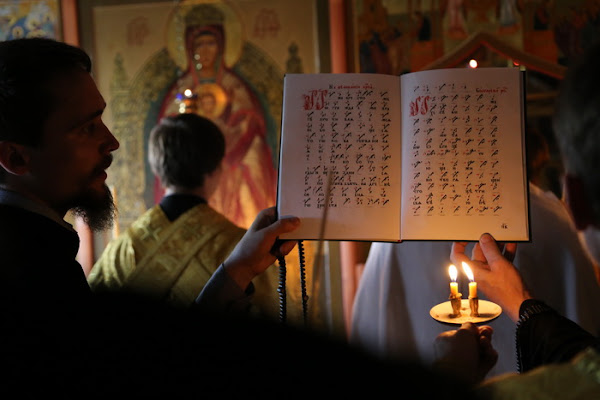EP calls different Paschal dates a "scandal"
( Orthodox Times ) - Ecumenical Patriarch Bartholomew extended in his homily his heartfelt wishes to all the non-Orthodox Christians who celebrated the Holy Easter on Sunday, March 31, after presiding over the Sunday Divine Liturgy at the Church of Saint Theodore of the Community of Vlanga. “On this day, the timeless message of the Resurrection resonates more profoundly than ever, as our non-Orthodox Christian brethren and sisters commemorate the resurrection of our Lord from the dead, celebrating Holy Easter. We have already sent our representatives to all the Christian Communities of the confessions here, to extend our heartfelt wishes of the Holy Great Church of Christ and our Patriarchal congratulations. But also from this position we extend a heartfelt greeting of love to all Christians around the world who celebrate Holy Easter today. We beseech the Lord of Glory that the forthcoming Easter celebration next year will not merely be a fortuitous occurrence, but rather the beginning...




Father, what do you know about these Old Ritualists? Their website indicates they are within the Moscow Patriarchate, but they serve the same Liturgy as the Old Believers?
ReplyDeleteThere are many groups of Old Believers/Ritualists in Russia and around the world, some in communion with the rest of Orthodoxy and some not (though I do not know anything about the sizes of each camp). From what I can gather, the English/Russian terms for each group are Old Believers (Starovery) and Old Ritualists (Staroobriadtsy), and only the latter are referred to as Edinoverie (Единоверие) and are in communion with Moscow. Among Orthodox in the West at least, "Old Ritualist" seems to have become the more polite usage for all the above since the differences are no longer seen to be 'schismatic' - I would assume that is not the opinion of those Old Believers not in communion with Moscow and the rest of Orthodoxy.
ReplyDelete